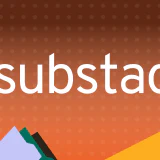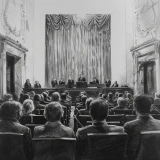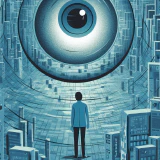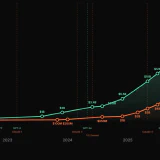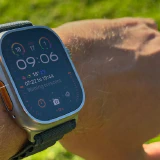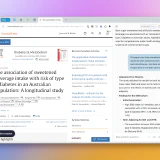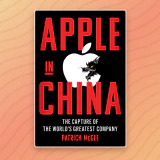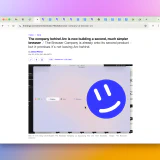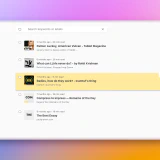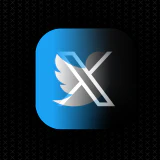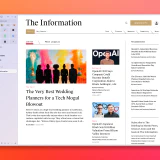Building Personal Software
What you should (and shouldn’t) build with AI.
My feeds are filled with posts praising Claude Code. People claim they feel bad if they don’t have an agent running 24/7. Developers are asking for ways to manage more and more agents at once through apps like Conductor.
The comments are always the same: “What have you actually shipped?”
Fair question. I built several apps that I use practically every day and put the source code on my GitHub. I’ll share more on them later but first I wanted to give a bit of background.
I started programming as a teenager. Pascal, Delphi, eventually moved on PHP and spent a year building my own CMS (who didn’t back then). I loved coding. That magical feeling when the words you write make the machine do something. But I had other interests and my career moved me elsewhere so I mostly skipped the switch to modern web development with node.js and React.
AI Engineering got me back big time. Claude Code with Opus 4.5 was specifically wonderful. It’s the same magical feeling once again, except now I can code in English. Still useful to have the basic idea of how things worked and what specific technologies and frameworks can enable. I only have a glimpse of those and I can already build things I couldn’t do just a few years ago.
The barriers to programming have never been lower. That doesn’t necessarily mean you would land a Software Engineer position at a tech company tomorrow. I don’t think you will. But I can certainly see product people and designers jumping straight to code without waiting for engineers.
What you can do instead is build the software for yourself. The apps you always wanted the market wasn’t able to produce. Nobody can stop you. This is exactly what I did.
I like Safari’s Reading Mode. It’s the best one out there. Chrome never had a good one. So I built 📖 Readr, a Safari-like Reading mode for Google Chrome and Chromium-based browsers. There are several extensions that try to solve this but all look like they were built by a developer inspired by a 2004 Linux distro. A million settings and none can make them look good. Readr has zero settings and simply uses your system font and light/dark mode.
For many years I wanted to have a minimal photo blog to document my trips and projects. Flickr and 500px are very old and push you to their subscriptions. I knew it was possible to build with Hugo but I never had time to build what I actually wanted and deal with photo processing and visibility scopes. With Claude Code, I built it in one evening. It’s 🌁 Photowall, a clean and minimal Hugo theme for photographers with a unified masonry feed. Here’s my photo blog running it.
I spend most of my day in the browser. All the apps are there. But it’s a distracting environment. Sometimes I just want to have a full-screen note where I can scribble. So I built 📝 Flow, a minimal one-page Markdown-enabled notes app. It’s completely private because the data is stored directly in your browser. Don’t store anything valuable in there but it’s great for temporary things.
I like Readwise and Readwise Reader is my read-later app of choice. But I very much dislike Readwise’s web interface. It’s clunky and outdated and I can never figured out where each particular highlight came from in the first place. Thankfully, it has an API so I built my own frontend 📔 ClipSavvy. You can even use this deployment by bringing your API key from here (or just deploy it yourself).
These apps aren’t groundbreaking. Any developer would be able to build any of them with minimal time. But it’d have taken me a lot longer. And even developers confirm the barrier to engage has lowered so much they’re starting side projects and experiments they didn’t previously have time for.
***
If you’re thinking of building something for yourself, here’s the framework I came up with.
Easy to vibe code: anything without persistent data storage or authentication. Local-first tools, apps relying on third-party APIs, static sites. Something you ship but don’t have to manage.
Hard to vibe code: anything multi-user with background jobs and synced data. Yes, Supabase exists and you can put a task manager on it quite easily but a multi-user RSS reader would be difficult. You have to manage job queues, deal with bandwidth issues, manage costs, etc.
OpenClaw is a perfect example. It’s an incredible complex piece of software but it doesn’t matter since users have to run and manage it themselves.
Considering this, there are several interesting directions to explore:
- Chrome extensions. Most people use Chrome. You don’t need the cloud. You can actually get organic users. There are entire businesses built on top of Chrome Web Store.
- Native macOS/iOS apps. Claude Code can build them as well. You get multi-device sync with CloudKit for free. There are apps for everything but many of them feel scammy and users are annoyed with subscriptions.
The real unlock is building the specific tool nobody bothered to make because the market was too small. Now the market of one is viable.
